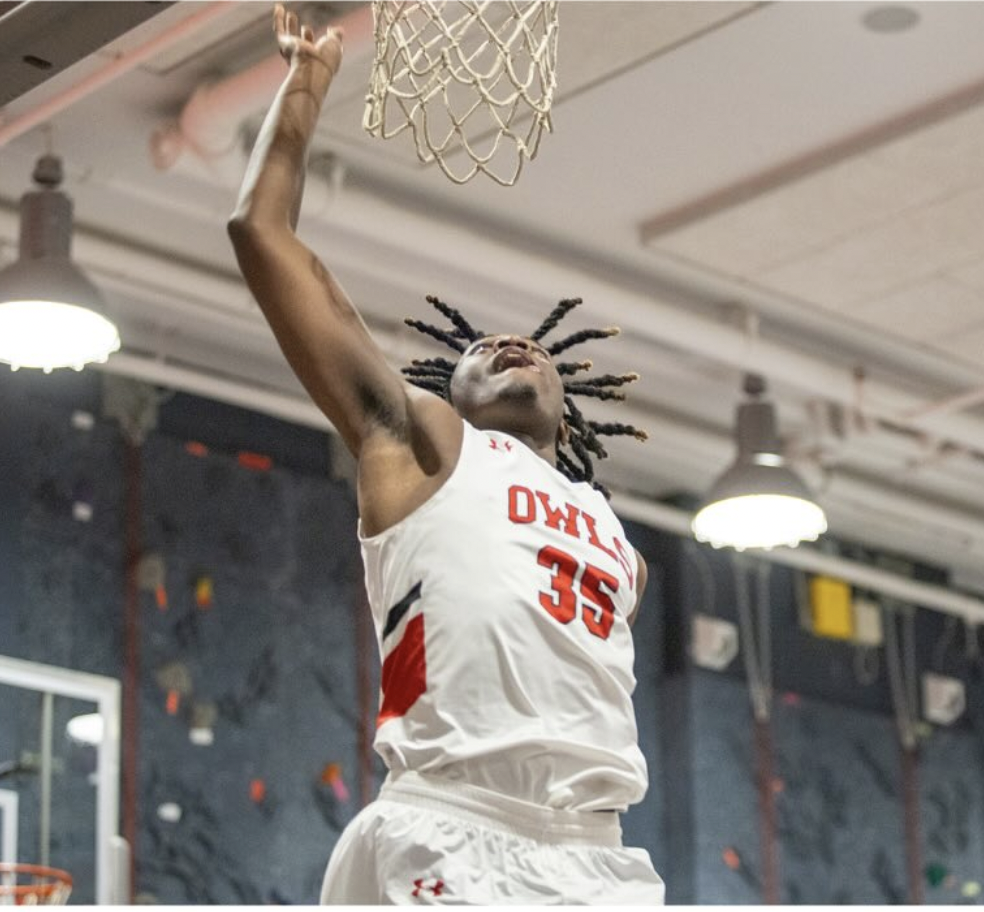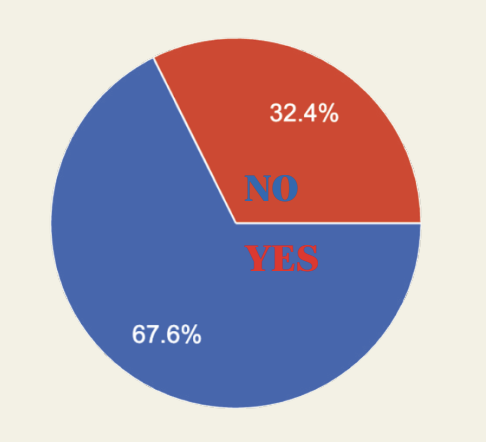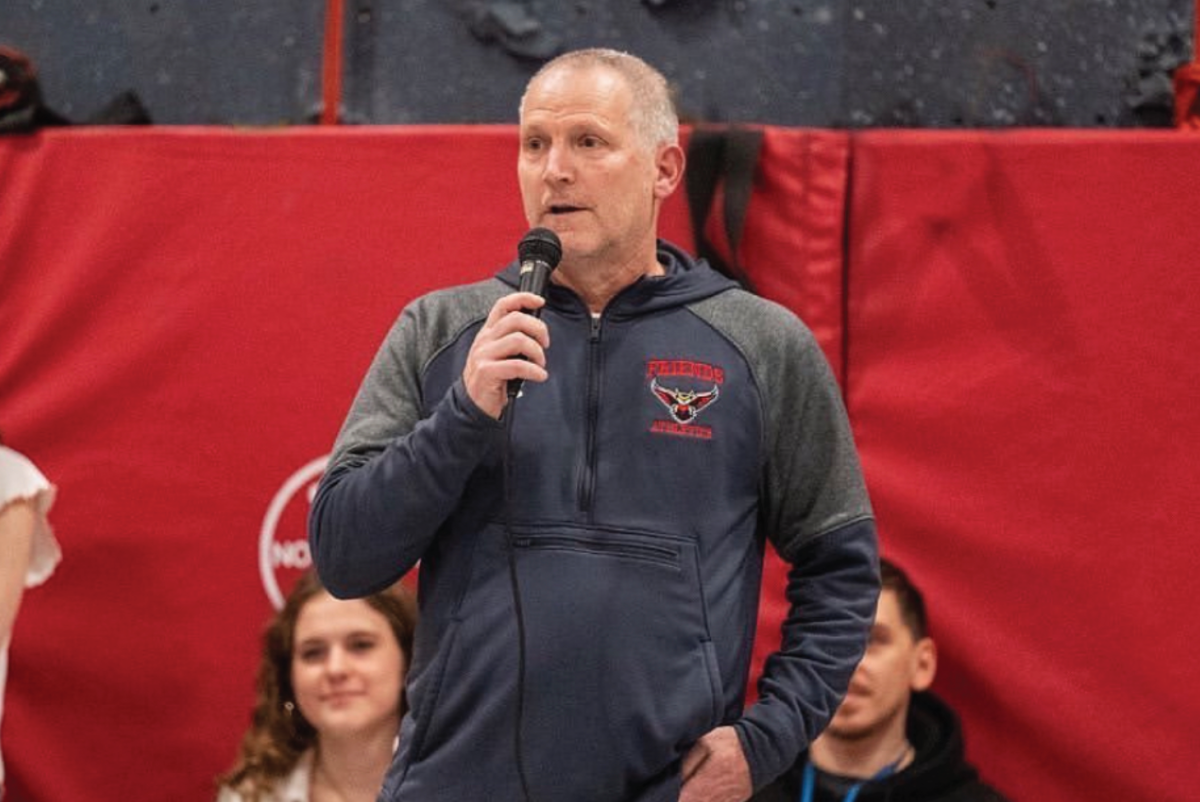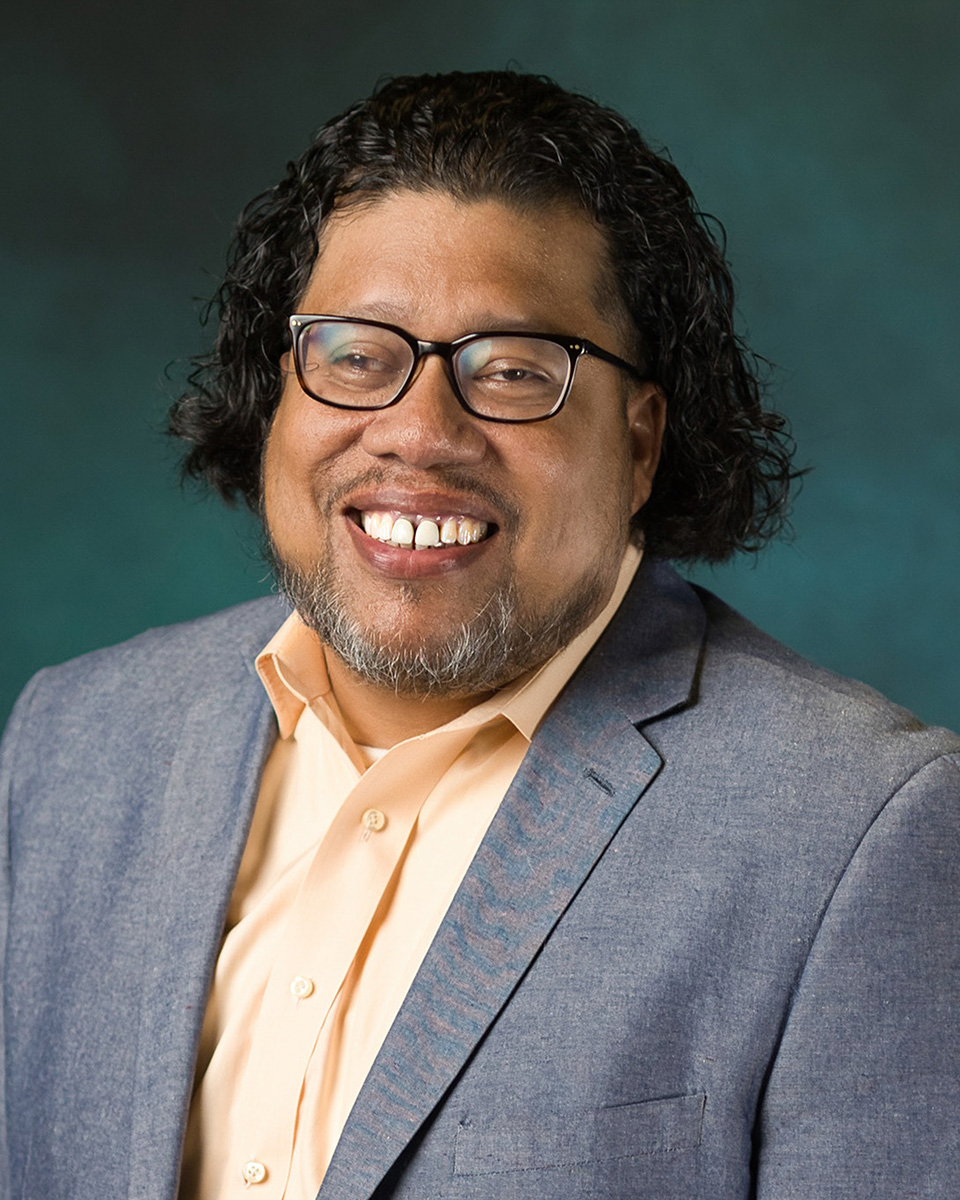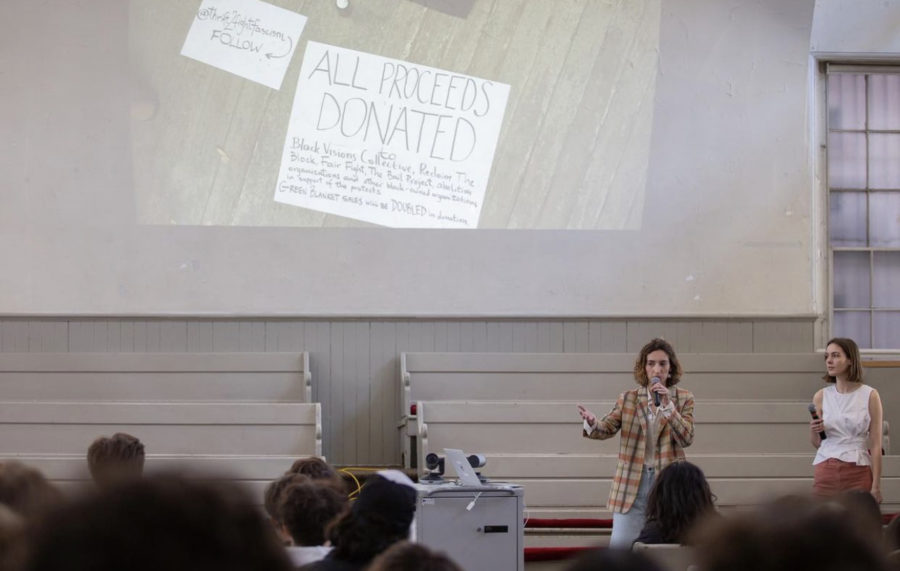During Peace Week this year, Alumna Meredith Evans, the director of the Jimmy Carter Presidential Library and Museum in Atlanta, spoke during the Friday Assembly. Alongside the important stories she shared about her experience in her job, she also shared reminiscences about her experiences at Friends. Evans reflected on how much she used to love Meeting for Worship (MFW), describing it as a lighthearted space, a judgment-free zone, a community building space where students felt compelled to share anything from minor morning inconveniences to fundamental issues in our society.
Some students may have been surprised upon hearing this description of MFW—at least until recently. Students have been sharing their voices more often, and to some this means that Meetings have become more productive, meaningful, or engaging. However, two long-time teachers, Maria Fahey and Ben Frisch, think silence is just as valuable, if not more valuable, than speaking.
According to Ben, a lifelong Quaker, “Meeting is like being in that place of quiet that occurs beyond words—so the words are important, but it’s that connection we can feel with one another that I’m seeking in Meeting. So in a perfectly quiet Meeting my heart can soar and I can feel connected too if things are right.” Although he values people who speak, Ben also sympathizes with those who feel nervous standing up in front of hundreds of people; he himself has a very detailed process to decide whether he should share, and what his story should entail. He asks himself, “Is this for me alone, or is this for the community? Have I spoken recently? Is this egotistical, [does it] shine on me? Is my message too well-prepared or polished? Is it from the heart? Am I feeling God’s prompting to speak?” In general, Ben does not correlate the amount of speaking that goes on in Meetings and the amount of value he gets out of them.
Maria Fahey had a similar opinion. She emphasized that “participation is not just about speaking. Participation is about everybody really deciding to be there and to try as best as they can to stop ordinary life. That’s what Meeting for Worship is.” She also believes that “to encourage students to talk more is absolutely wrong-headed. [Speaking] is not something you can be pressured
about.” She didn’t seem to view a lack of speaking as a huge problem; however, she said she wishes the school would return to having two Meetings per week. In her opinion, Meeting for Worship is something that should be regularly practiced, like any other activity; if it happened more often, students would grow more comfortable, learn to appreciate it, and perhaps become compelled to share.
The majority of the student population at Friends might not treat MFW with the same respect as Maria and Ben, but not everyone dreads it. Some seniors said that they’ve come to appreciate Meeting for Worship during their time at Friends. Ammad Zuberi ‘25, for example, said that when he first came to Friends, he thought MFW was a “great place to sleep,” and did not find it interesting or worthwhile. However, he attributed most of his previous uncertainty and apathy regarding MFW to his unfamiliarity with the practice as a whole. When asked how he feels about MFW now, he said that he neither looks forward to it nor dreads it, but that he views it as a “calm space to reset yourself.” Perhaps echoing Maria’s sentiment, Ammad’s relative openness about MFW seems to be due to a sense of comfort that has grown since his freshman year. Elisa Elbarmi ‘25 has been at Friends since fifth grade, and, like Ammad, found MFW very boring at first. Now, though, Elisa has spoken on numerous occasions and enjoys the space for self reflection that is offered in MFW.
Livia Shrednick ‘25 said, “if people speak, then I’m thinking about what they’re saying, so it feels more communal.” She said that she doesn’t think a Meeting with more speakers is more or less meaningful than a silent Mee-
ting; however, she did note that she is more engaged in Meetings where more people talk, and that “it’s been nice to see more students speaking as of late.” Emran Lakhlifi ‘25 said that he is half asleep if people don’t speak, and like Ben, he noticed how upperclassmen tend to be the ones talking much more than underclassmen. Instead of how much people are talking, Emran focused more on what people are saying; he said that speaking is not as valuable for him when people share random encounters rather than moving stories.
Although Livia doesn’t feel as much of a need to have speakers as Emran does to feel engaged in MFW, they both believe that speaking is more engaging for the community.
While these seniors were not critical of the Meeting, they recognized that many students do not take it seriously or appreciate it. Elisa thinks MFW has the potential for community building, but she said “people don’t take it seriously enough as a whole for it to actually serve as something that helps the community grow.” Both Ammad and Emran suggested that having MFW with queries more regularly might be beneficial and help keep students involved.
Whereas Maria suggested reverting back to prior traditions, the seniors mostly suggested new changes to Meeting, like themed meetings. However, Meeting is a centuries-long tradition, and though the seniors’ suggestions might prove to be helpful, perhaps Meeting is something that should not be altered at all.
Finding Meaning in MeetingAccording to the school’s website, “The Friends Seminary community considers Meeting for Worship (Meeting) the heart of the School.” How can we ensure that this sentiment holds true despite the varying opinions and experiences within the community? How can we really grow together through silence and dialogue? Whether or not MFW changes, it is here to stay, and students must find a way to create a space where they feel comfortable, engaged, and inspired.




